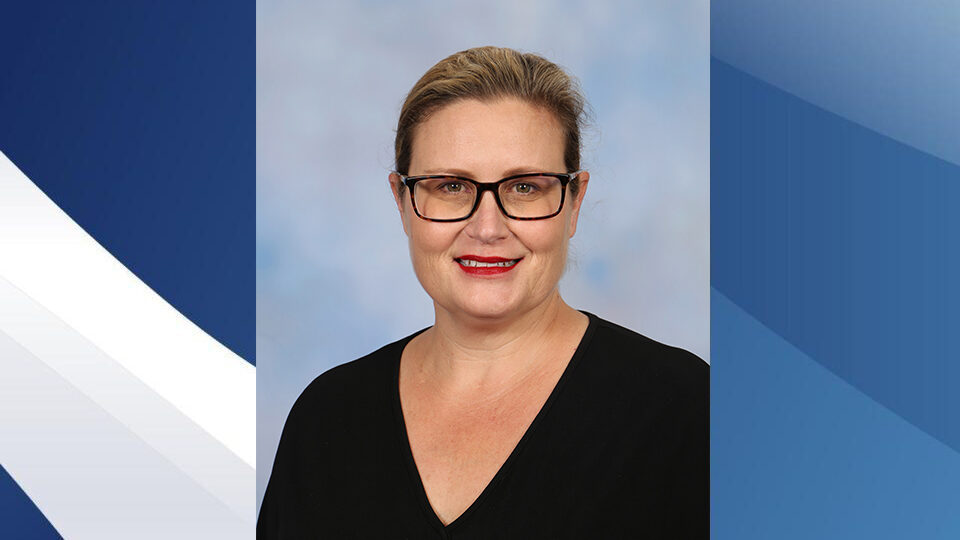
From the Leader of Wellbeing
The House teams at MSCW
Listed in the table below are the House Teams of MSCW. They work as a team to support your daughters here at the College.
If you have any questions or concerns in relation to your daughter, please contact her Tutor Teacher listed below.
One Issue That Adolescents Are Facing Today
The media has been reporting on the impact of the Covid-19 pandemic on individuals, with a focus on eating disorders. Of most concern is the increase in the number of children and adolescents presenting with easting disorders. It has been reported that in 2020 the number of children and adolescents experiencing eating disorders has increased by 62% compared to 2018 and 2019 combined.
It is important that we as a community increase our understanding and awareness of what exactly an eating disorder is, and importantly, the behaviours that adolescents present with initially. On identifying some of these, acting quickly is the key to a more successful recovery.
Below are some tips for families on how they can make their homes more body-positive. I encourage you to read through this and the resources below.
In Term 4 The Butterfly Foundation will be presenting to students during Community Time and there will be follow up in relation to Body Positivity.
Useful links:
Eating disorders explained – Butterfly Foundation
Risks and warning signs – Butterfly Foundation
Myths about eating disorders – Butterfly Foundation
Concerned about someone you know? – Butterfly Foundation
Parents Guide – Butterfly Foundation– This resource talks openly about how time online can impact our emotional wellbeing, particularly our body image.
A SPECIAL REPORT: Building Resilience Post Pandemic
Unfortunately, the mental health of young people has been significantly impacted by the pandemic. As many families settle back into pre-COVID routines, there seems to be a pervasive sense of optimism about what lies ahead.
Unfortunately, children and teens are not immune to what is now being termed the “psychological pandemic”. Young people are at risk of not achieving the primary demands of developmental tasks such as procuring independence, identity formation, as well as obtaining and maintaining peer relationships. What kids need most in the current environment is support, understanding, empathy and encouragement from caring adults. They live up or down to the expectations we set for them.
If there is a panacea to the adversity caused by the pandemic, then it is the building of resilience. Resilience is the capacity to face, overcome, be strengthened and transformed by adversity. Never before have parents needed the skills, the knowledge and the strategies to build resilience in their children as much as they do now. There are 7 integral and interrelated components that makeup being resilient that can help young people thrive and develop healthy coping strategies.
This Special Report explores the “7 Cs of Resilience” and includes suggested strategies on how adult carers can best facilitate them.
We hope you take the time to reflect on the information offered in this edition of SchoolTV and we always welcome your feedback. If you do have any concerns about the wellbeing of your daughter, please contact her Tutor, House Coordinator, school counsellors or seek medical or professional help.
Here is the link to your special report:
Building Resilience Post Pandemic | Marist Sisters’ College – Woolwich
Year 12 Wellbeing activities
The below activities are being offered to Year 12 as they prepare for their HSC.
Ms Angela Bowland, Leader of Wellbeing
This article on College life meets The Archbishop’s Charter for Catholic Schools – Charter #1, #2








